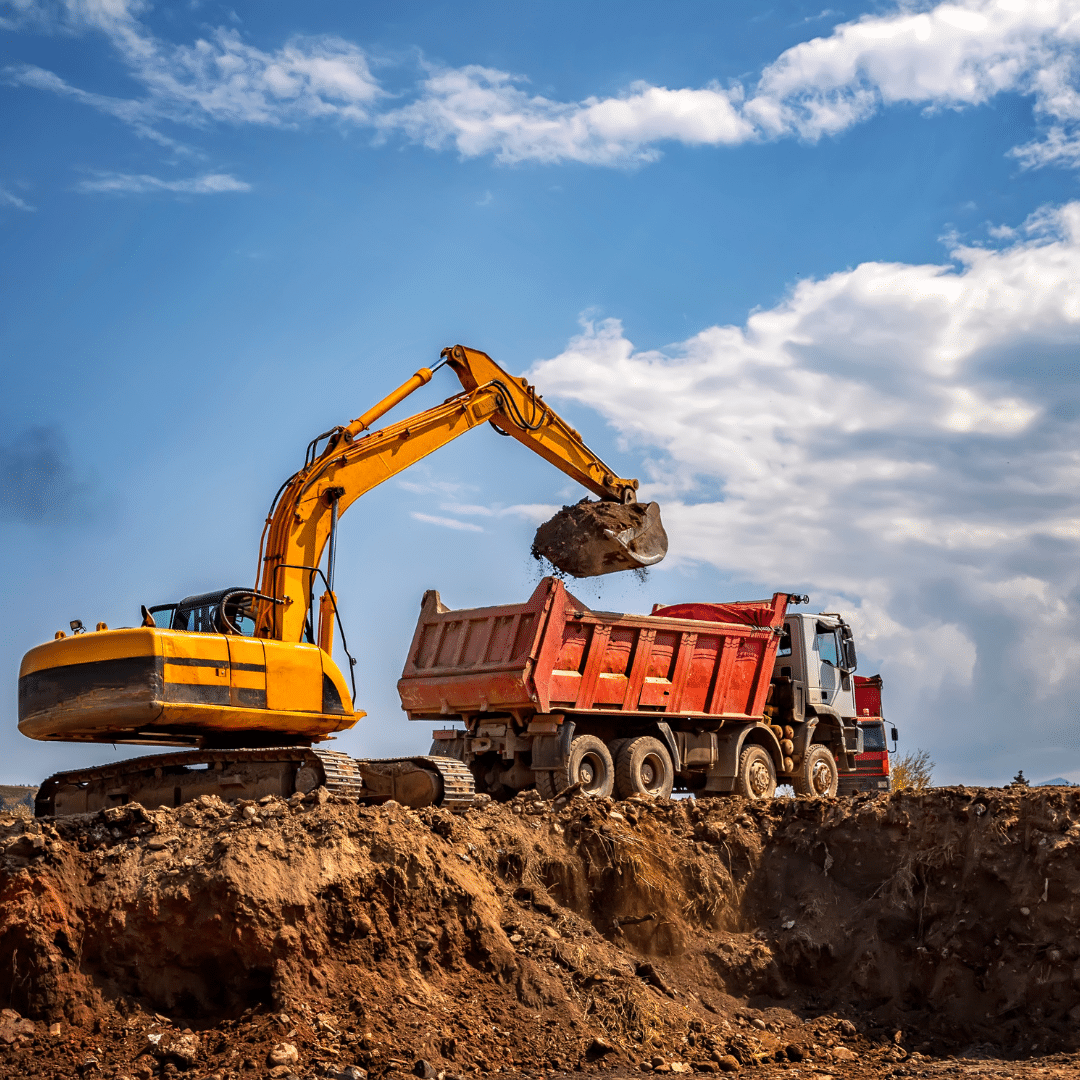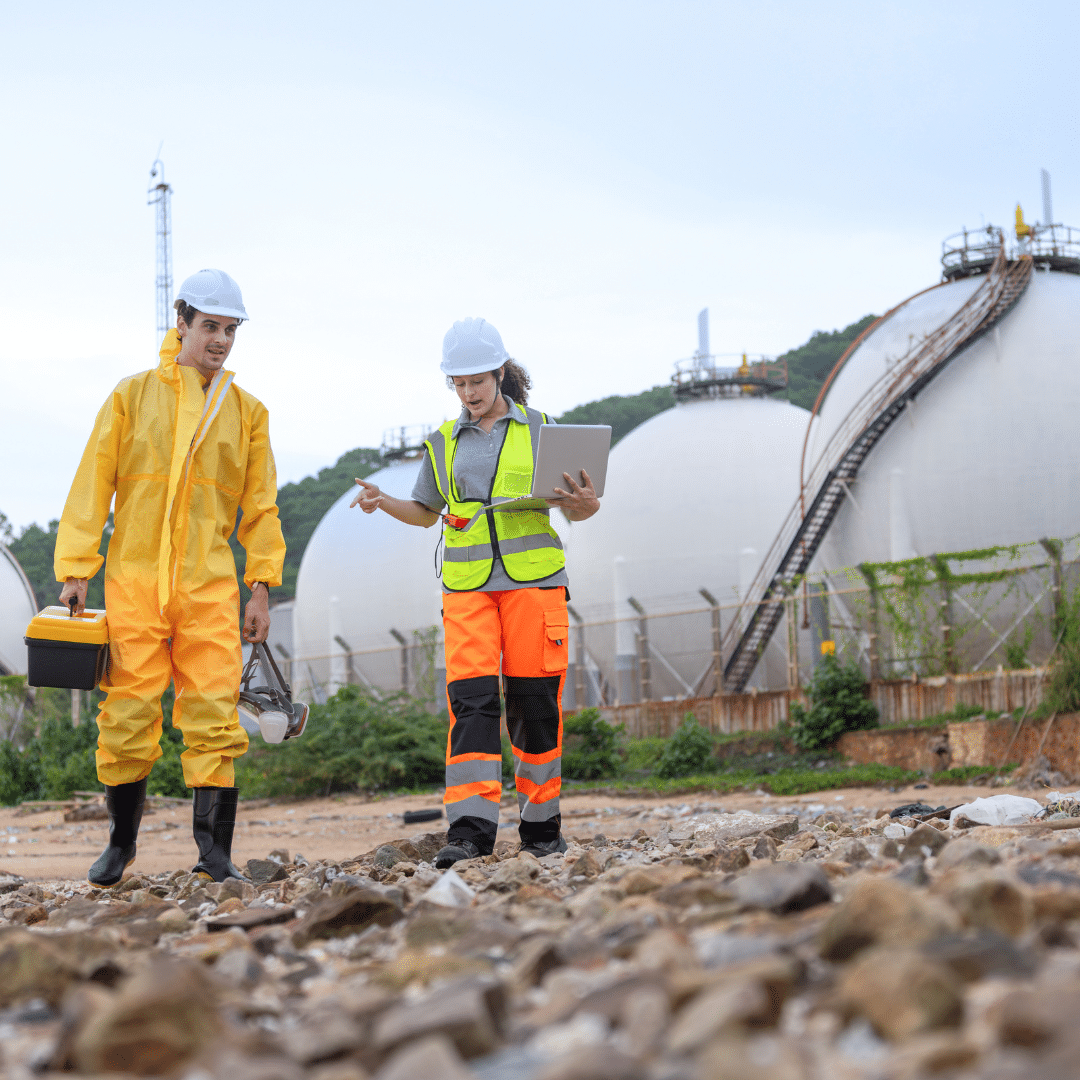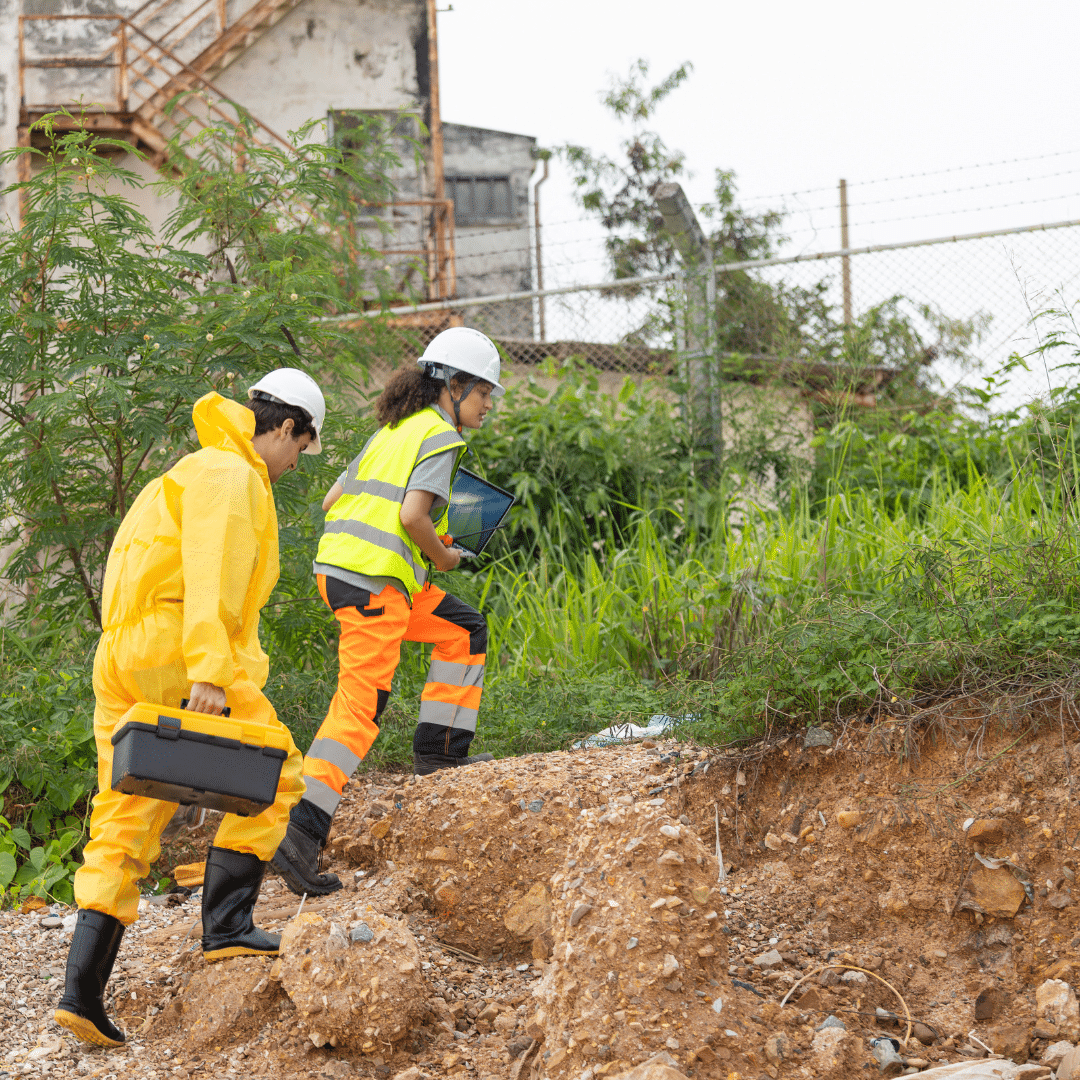When is an environmental site assessment required? Learn when ESAs are needed for property purchases, commercial real estate, and permitting in Florida.
If you’re buying, selling, or redeveloping property, one critical question comes up early: When is an environmental site assessment required?
Whether you’re dealing with vacant land, commercial buildings, or industrial redevelopment, an environmental site assessment (ESA) can protect your investment, satisfy regulatory requirements, and prevent costly surprises.
At Creative Environmental Solutions (CES), we help clients across Florida navigate this process with confidence, delivering accurate assessments and clear guidance based on decades of experience.
When is an Environmental Site Assessment Required in Real Estate?
In most real estate transactions involving commercial or industrial property, a Phase I Environmental Site Assessment is part of the standard due diligence process. It’s often requested by buyers, real estate attorneys, or even sellers who want to identify potential red flags early.
These assessments evaluate the current and historical uses of a property to determine if contamination is likely. They are not just for high-risk properties—any land with a past use involving fuel, chemicals, or manufacturing may warrant closer review. If a Phase I ESA finds evidence of contamination or potential risk, a Phase II ESA may follow to collect soil, groundwater, or vapor samples.
When is an Environmental Site Assessment Required for Property Purchase?
If you’re purchasing land or buildings, especially for development, an ESA is one of the best tools to protect your investment. An environmental site assessment is often required for property purchases involving:
- Commercial or industrial buildings
- Undeveloped land with past agricultural or industrial use
- Properties located near gas stations, landfills, or railways
- Older buildings that may contain underground storage tanks or hazardous materials
- Properties with known or suspected contamination, such as salvage yards
Without an ESA, buyers may inherit environmental liabilities and cleanup costs, which can potentially reach into six figures. At CES, we conduct timely and professional ESAs that meet lender and regulatory standards throughout Florida.
When is an Environmental Site Assessment Required by Lenders?
Lenders, especially those issuing SBA or commercial loans, commonly require a Phase I ESA before funding a transaction. These assessments reduce the lender’s risk by identifying environmental issues that could impact property value or future development plans.
- SBA 504 and 7(a) loans typically mandate a Phase I ESA
- Commercial banks often require it for higher-value or industrial sites.
- Private lenders may request ESAs to meet their risk policies.
CES works directly with lenders and buyers to ensure all assessment requirements are met efficiently and professionally, supporting smooth closings and strong documentation.
When is an Environmental Site Assessment Required for Commercial Property?
Commercial and industrial properties carry a higher risk of environmental impact due to past uses. If your project involves:
- Gas stations or auto repair shops
- Warehouses, factories, or dry cleaners
- Commercial redevelopment of older properties
- Sites near former landfills or railroad lines
A Phase I ESA is often expected—if not required—by regulators, lenders, or your own legal team. CES conducts thorough assessments tailored to the unique risk profile of each commercial property.
When is an Environmental Site Assessment Required in Florida?
Florida’s environmental landscape brings its own set of challenges. With high groundwater tables, sensitive ecosystems, and a dense history of agriculture and industrial use, many properties across the state require environmental due diligence.
In Florida, an environmental site assessment may be required when:
- You’re applying for an Environmental Resource Permit (ERP)
- Redeveloping or rezoning a site near wetlands or conservation areas
- Participating in the Brownfields Redevelopment Program
- Selling or financing land with potential for environmental liability
So, when is an environmental site assessment required in Florida? The answer is: any time there’s potential for contamination or regulatory concern. CES understands the expectations of the Florida Department of Environmental Protection (FDEP), local agencies, and water management districts, and we tailor every assessment to meet those requirements. You may also need to have a reliance letter when you get your Phase I ESA.
Need an ESA? Work with Florida’s Environmental Consulting Experts
If you’re planning a property purchase, real estate transaction, or development project in Florida, CES is here to help. With over 30 years of experience providing environmental site assessments, permitting support, and remediation consulting, we know how to protect your investment and keep your project on track.
Contact us today to schedule a Phase I ESA or learn more about our full suite of environmental consulting services.





